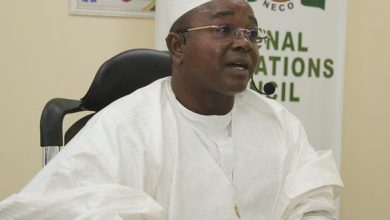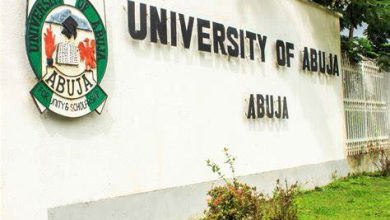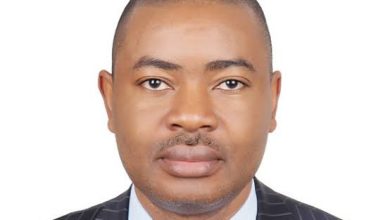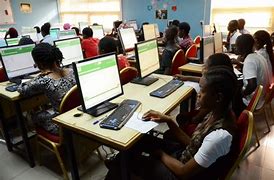Al-Muhibbah varsity seeks foreign collaboration, unveils students’ career service unit

The Al-Muhibbah Open University, Abuja has commenced collaboration with international institutions and experts to enhance its digital learning platforms and expand educational reach.
Speaking during the unveiling of the university’s students’ career services unit on Thursday, Ahmad Garba, the vice-chancellor, said the measure was in response to the requirement of the current core curriculum and minimum academic standards (CCMAS).
The VC said the ultimate aim of creating the unit is to integrate 21st-century skills like effective communication, digital literacy skills, and effective collaboration to manage and produce employable students.
“We have developed a policy on that, and we have also developed career service courses. So, almost every year, at every level, students will be exposed to specific career service courses, from level one up to level four,” he said.
“So, we are honoured today to have Professor Mark Hill, who is currently a global professor of law at Notre Dame University in the United States and at the same time, an extraordinary professor of law associated with the University of Pretoria in South Africa, and also Cardiff University.
“And we are also honoured to have Professor Renata from Central European University, and Professor Kofi Quashisah from the University of Ghana, to come here to support us in the launching of this important unit of this university. So, that is it.”
The VC, who noted that career service units in the universities are designed to develop, essentially, 21st century skills, to address the problem of unemployability of Nigerian graduates, said its students will be exposed to specific skills.
“For instance, responsible use of social media, how to use social media, for business, not using it for any other purpose,” he said.
“Digital literacy skills, connecting students with professional buddies, how to write effective resumes, how to write effective curriculum vitae, how to prepare for job interviews and so on.
“So, after graduation, universities are now expected to keep track of their students, so that anywhere they are, at least they are with the university. So that’s the essence of having this career service directorate.”
Garba said part of his request for Professor Hill and others was for them to engage the students of the institution online by delivering lectures related to programmes online.
“Definitely, it means collaboration, establishing academic collaboration, which among other things deals with student exchange, teacher exchange programs. So, it is all part of the plans of the career service directorate,” he added.
Also speaking, Professor Mark Hill said Al-Muhhibah Open University is undoubtedly at the cutting edge of modern development, providing services for students which are second to none.
Mark, a professor of law, said the opening of the centre means that the university will remain in the forefront of those activities and will give its students an advantage, both in their studies and in the work environment when they seek employment after graduation.
“So, the university is to be commended for all it has done and this is really a springboard from which to move forward,” he said.
“I think it’s going to be possible, both at a distance and otherwise, to provide encouragement and mentoring, to have faculty exchanges and student exchanges, because we live in a global world, and the more we collaborate, the more we can achieve together.”





